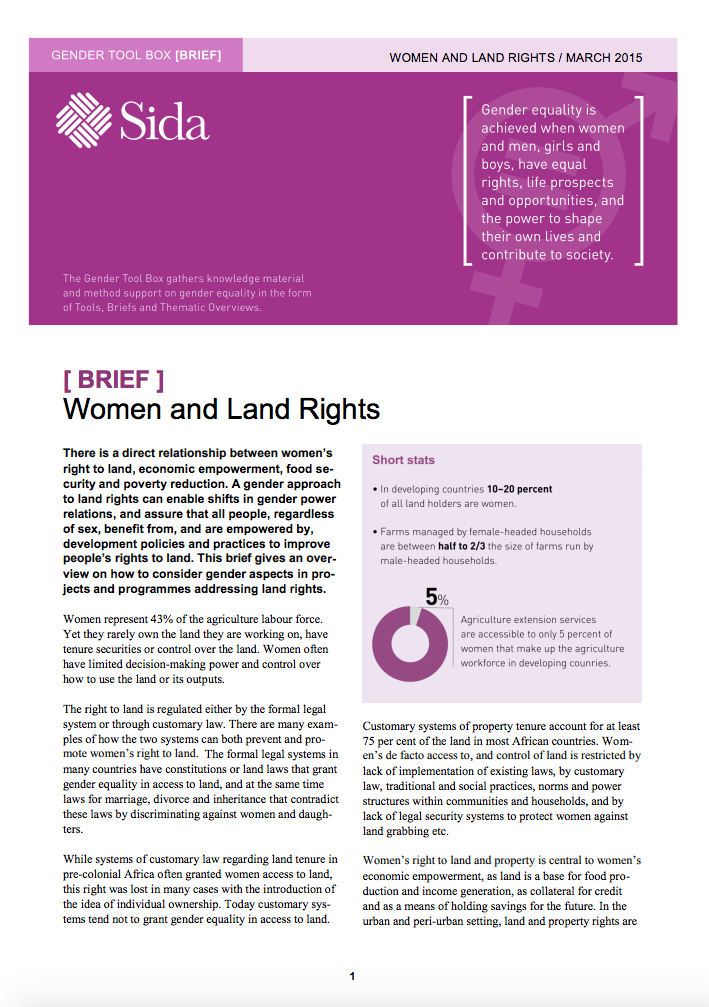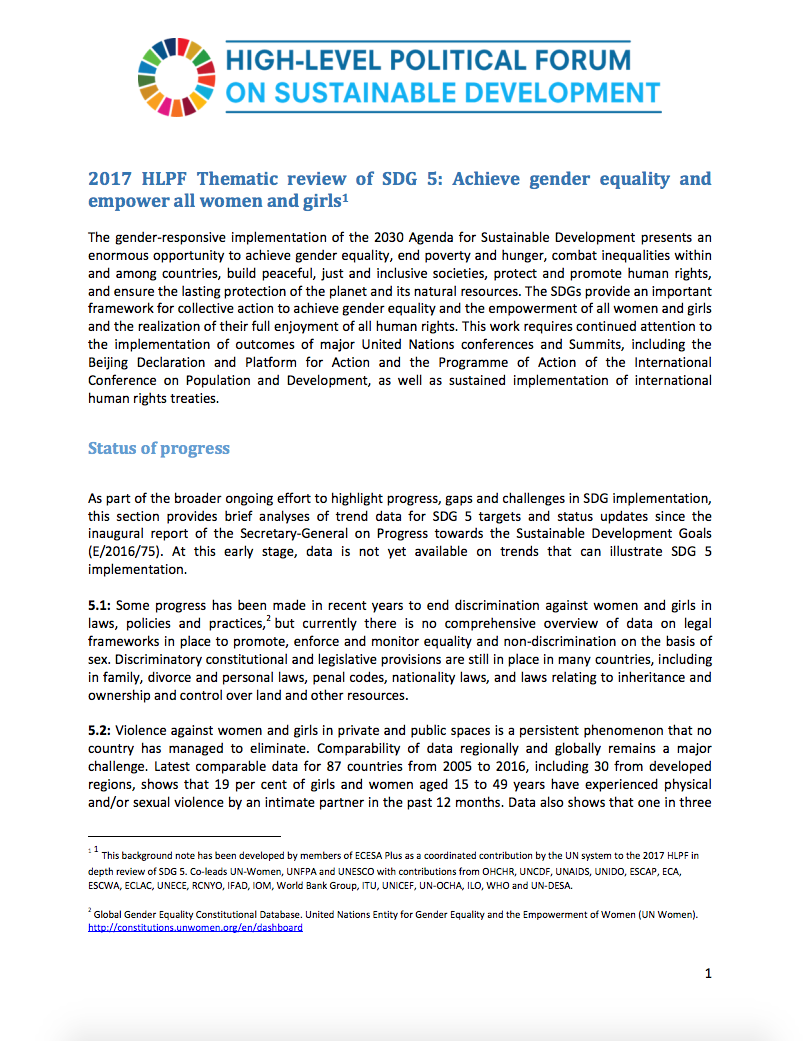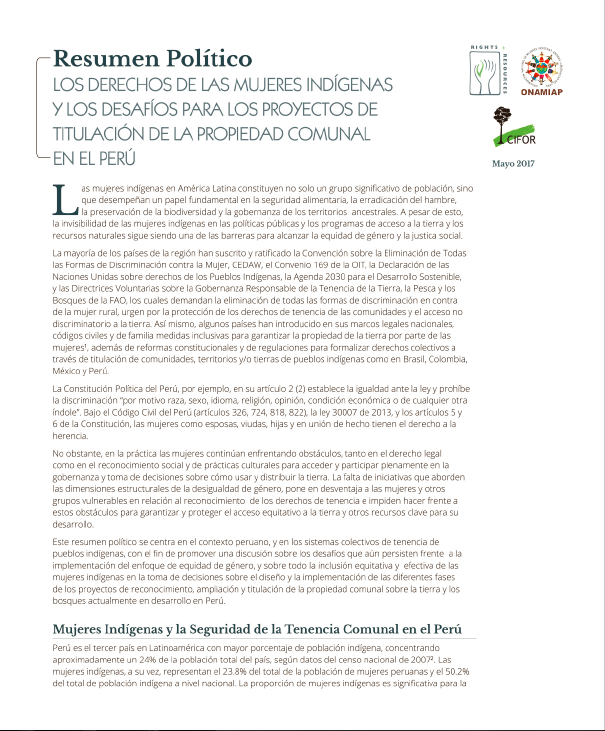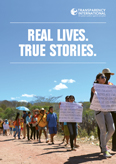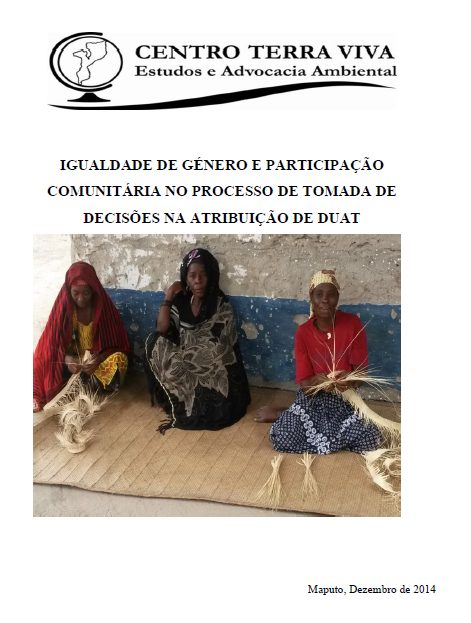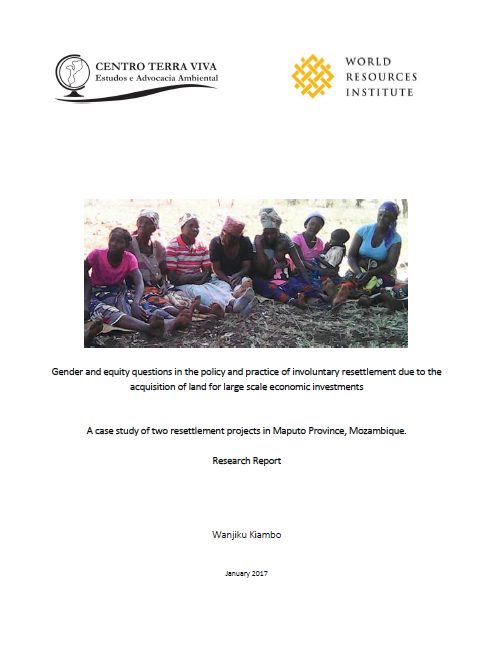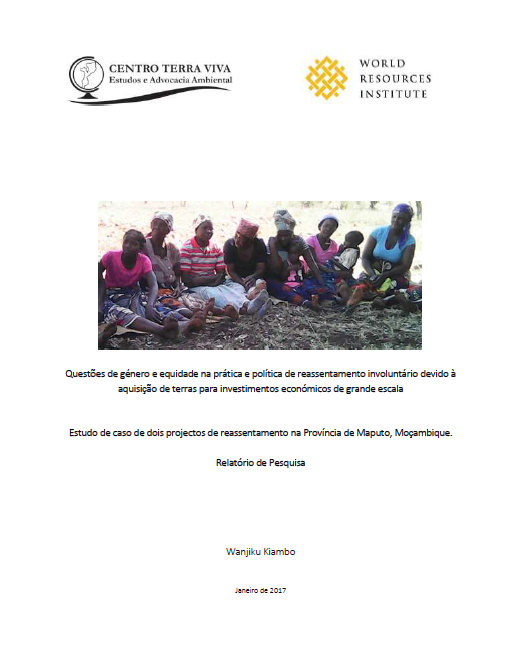Women and Land Rights
There is a direct relationship between women’s right to land, economic empowerment, food security and poverty reduction. A gender approach to land rights can enable shifts in gender power relations, and assure that all people, regardless of sex, benefit from, and are empowered by, development policies and practices to improve people’s rights to land. This brief gives an overview on how to consider gender aspects in projects and programmes addressing land rights.

